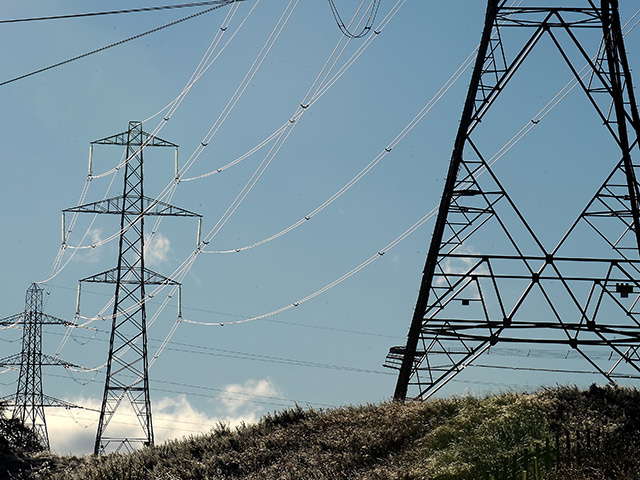
The UK is one of just a handful of countries which score an “AAA” rating for secure, affordable and environmentally-friendly energy, a study has found.
The country came fifth out of 129 countries in the World Energy Council’s (WEC) energy sustainability index this year, falling three places as it has seen “small declines” in the security of supplies and affordability of energy.
But the UK is only one of two countries, along with Switzerland which topped the index overall, to be ranked in the top 20 on all three sections of the “trilemma” of achieving security, equity and environmental sustainability in energy supplies.
Only five countries got the AAA rating, as most nations continue to struggle to balance their energy needs, a report published by the WEC and management consultant Oliver Wyman showed.
The lack of a global consensus on tackling climate change, disruptions due to emerging technologies such as fracking and new renewables, and rapid shifts in energy use and supply makes it hard to develop long-term energy plans, the study said.
Developed countries with higher shares of energy from low-carbon sources such as renewables and nuclear and established energy-efficiency programmes, including Switzerland, Denmark and Sweden, did best in the index, which forms part of the report.
Switzerland and Sweden source only a very small proportion of their electricity from conventional fossil fuels, with the majority of their power coming from nuclear and hydroelectricity, while Denmark gets 35% of its power from other renewables such as wind.
Last year’s index ranked the UK as 15th, but under new criteria used this year it would have been second in 2012, falling to fifth this year.
The UK remains a “pack leader”, despite seeing falling energy production, a reduction in oil reserves and rising prices of both petrol and electricity compared to 2012.
The environmental sustainability of the UK’s energy supplies is the least strong of the three key indicators.
It has seen an improvement on last year, as it has cut carbon dioxide emissions from electricity generation, but more than three-quarters of its power supply is still sourced from fossil fuels.
Globally the WEC report, which draws on interviews with policymakers including Government ministers and experts from more than 25 countries, warns that there needs to be closer public-private partnership to overcome energy challenges.
And it says there are signs that poorer countries could move straight to sustainable energy supplies to support their development if they can mobilise sufficient investment, such as Brazil and Uruguay which have relied heavily on hydropower and other renewables.
Joan MacNaughton, executive chairwoman of the world energy trilemma report, said: “If countries are to improve the sustainability of their energy systems, they must continue to work hard at identifying and successfully implementing balanced and forward-looking policies.
“A more sophisticated and proactive partnership with the private sector is also necessary to drive the higher level of energy investment now required.”
She said the private sector should “be more proactive in helping to build an informed consensus that moves us away from ad hoc approaches dominated by debate about short-term costs”.
There needs to be £12-£16.7 trillion investment in global electricity infrastructure between now and 2050 to meet growing demand and ensure that everyone in the world has access to energy, the report said.
The study called for a more pro-active approach to improving energy policies, a less risk-averse approach to energy investments and for help to identify and lower the barriers to investment in developing countries.
Recommended for you
